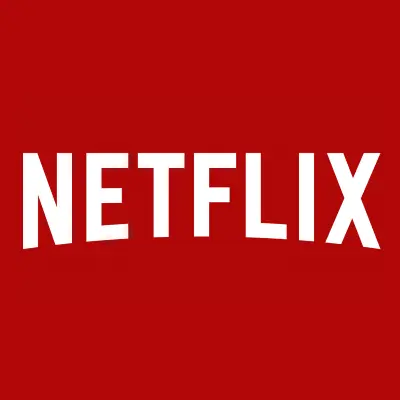Streaming TV is becoming less risk-taking with an "elevated broadcast" strategy
-

"Wasn’t streaming supposed to be a wild new frontier of no-rules TV? Taboos broken, formats melted and recombined, artists let off the leash?" asks Joy Press. "The reality is more complicated. Since streamers came to dominate the landscape, the assumption has been that broadcast TV is seriously endangered—that it’s struggling to reach new generations of viewers, partly because of its risk-averse rules and its devotion to broad, inoffensive content. That existential threat is real. But some see a worrisome irony emerging: The streamers are acting more and more like the cautious industry they revolutionized. Streamers are pursuing what they call 'elevated broadcast,' making sitcoms, dramas, procedurals, and reality TV central to their platforms. Some also appear to be pulling back from the challenging content that attracted audiences in hopes of scooping up every viewer the networks have left. Insiders say streaming executives are becoming less adventurous—or more populist, depending on your point of view—because they’re spooked by the overcrowded market and uncertain about how to keep expanding (and retaining) their subscriber bases." Press says streamers seem to be intent on finding shows with broad appeal, adding: "Netflix now abounds in escapist fare à la Emily in Paris and Love Is Blind. Amazon, famously the home of Transparent and Fleabag, dedicates an immense amount of money to epics like The Wheel of Time and The Lord of the Rings: The Rings of Power. Paramount+ is building a universe around Taylor Sheridan, creator of the Western megahit Yellowstone. And Peacock is betting on pop culture reboots to reel in both the nostalgic older audience and younger viewers who respond to tried-and-true templates."
ALSO:
- The streaming comedown was inevitable: "Netflix and other streaming services sold the U.S. public on convenience and abundance," says Alyssa Rosenberg. "But this came with a cost. Binge-watching and the content boom helped atomize American culture. And the streaming wars seduced Hollywood into abandoning a successful business model that supported a vibrant film and television ecosystem — one encompassing blockbusters, breakout indies and romantic comedies, sitcoms and The Sopranos. However delightful they are, Bridgerton and Ted Lasso may not have been worth it. The downsides of the deal American pop culture made with Netflix are clearest in hindsight. For consumers and creators, the vision Netflix committed to in 2011, when it outbid established TV networks for the right to make House of Cards, was entrancing. Rather than simply licensing content from other studios, Netflix would spend an enormous amount on original movies and television. In a departure from the traditional TV release model, it would make entire seasons available to binge at once. And all this bounty would be accessible from the privacy of one’s home or the convenience of one’s smartphone. The subscriptions rolled in. Legacy entertainment companies, including Disney and HBO, rushed to catch up. The result was a radical reshaping of the movie and television business."
TOPICS: Netflix, Apple TV+, Disney+, HBO Max, Hulu, Peacock, Prime Video
More Netflix on Primetimer:- Where the Culinary Class Wars season 2 chefs cook when the cameras are off?
- Netflix documentary Elway sheds a new light on the career of John Elway
- Culinary Class Wars: Seoul Mother breaks down her elegant Seoul-style set meal from the first elimination round
- Grand gestures, little repair: What Love Is Blind: Italy reveals about accountability
